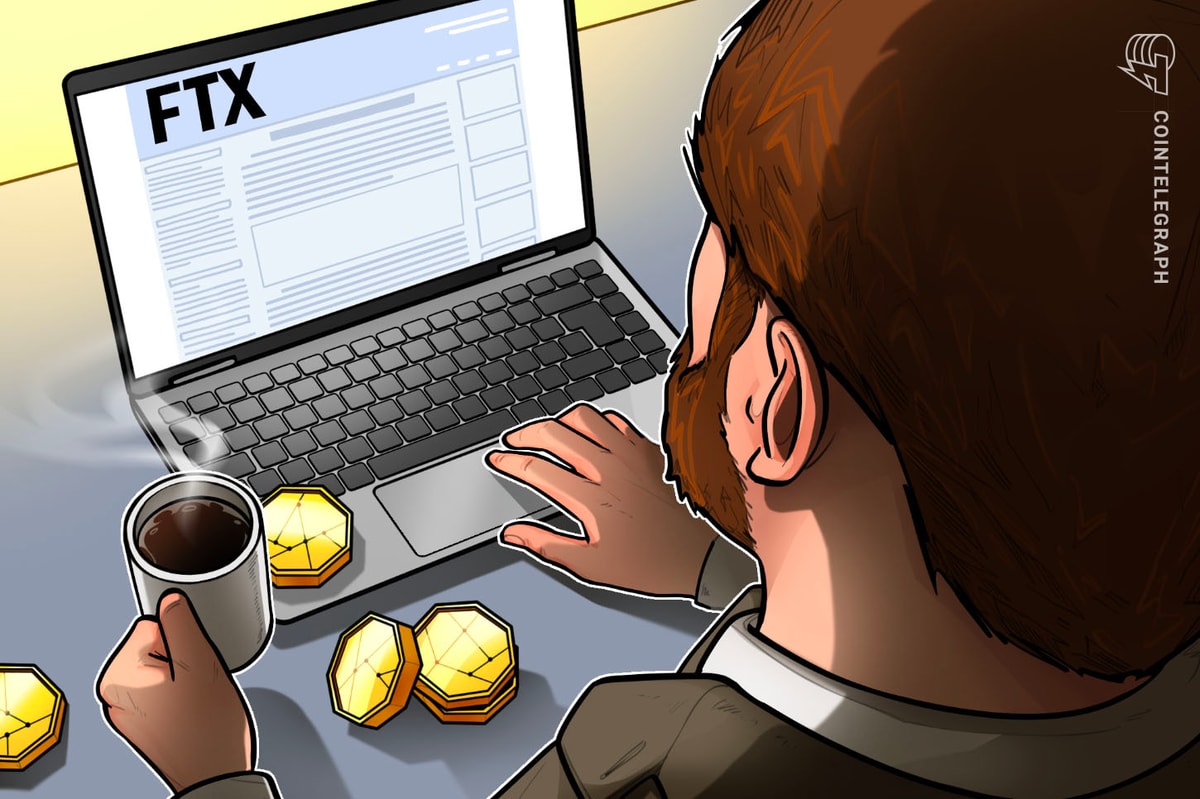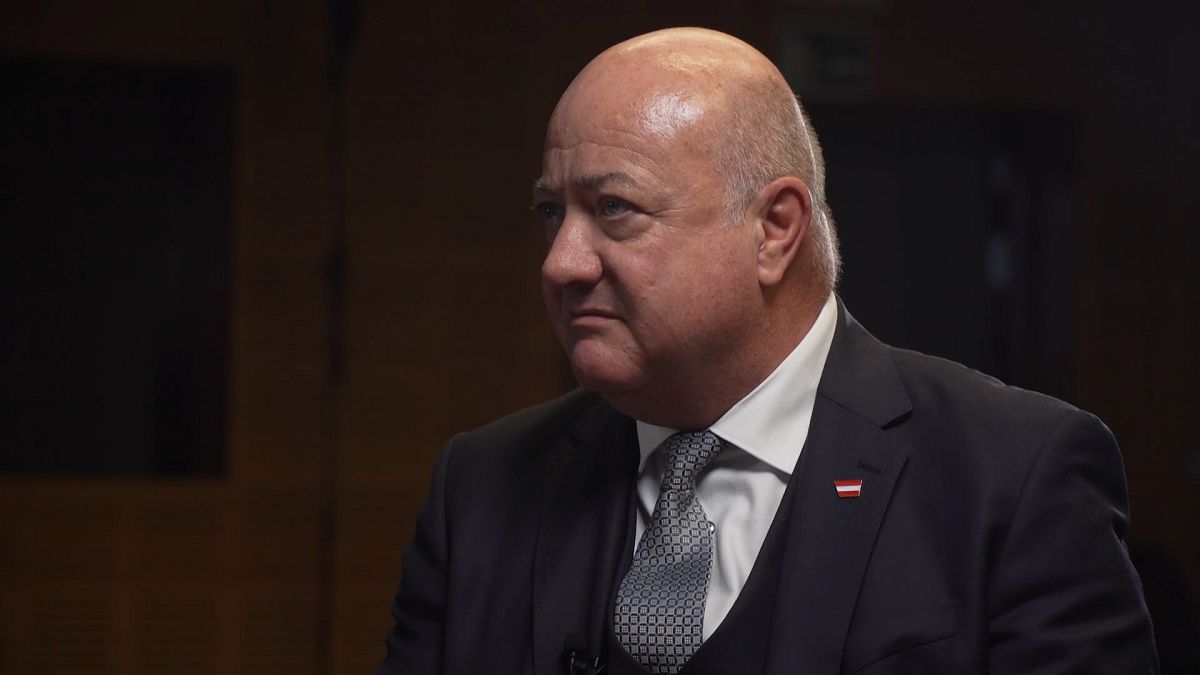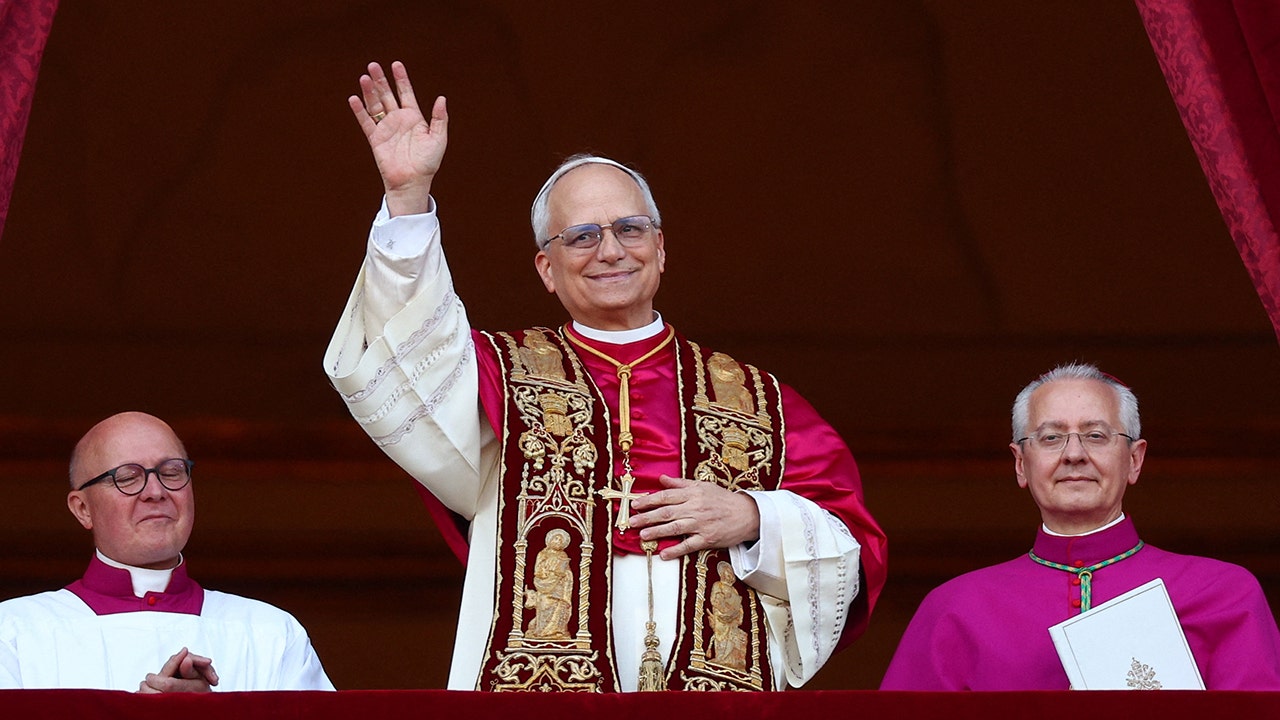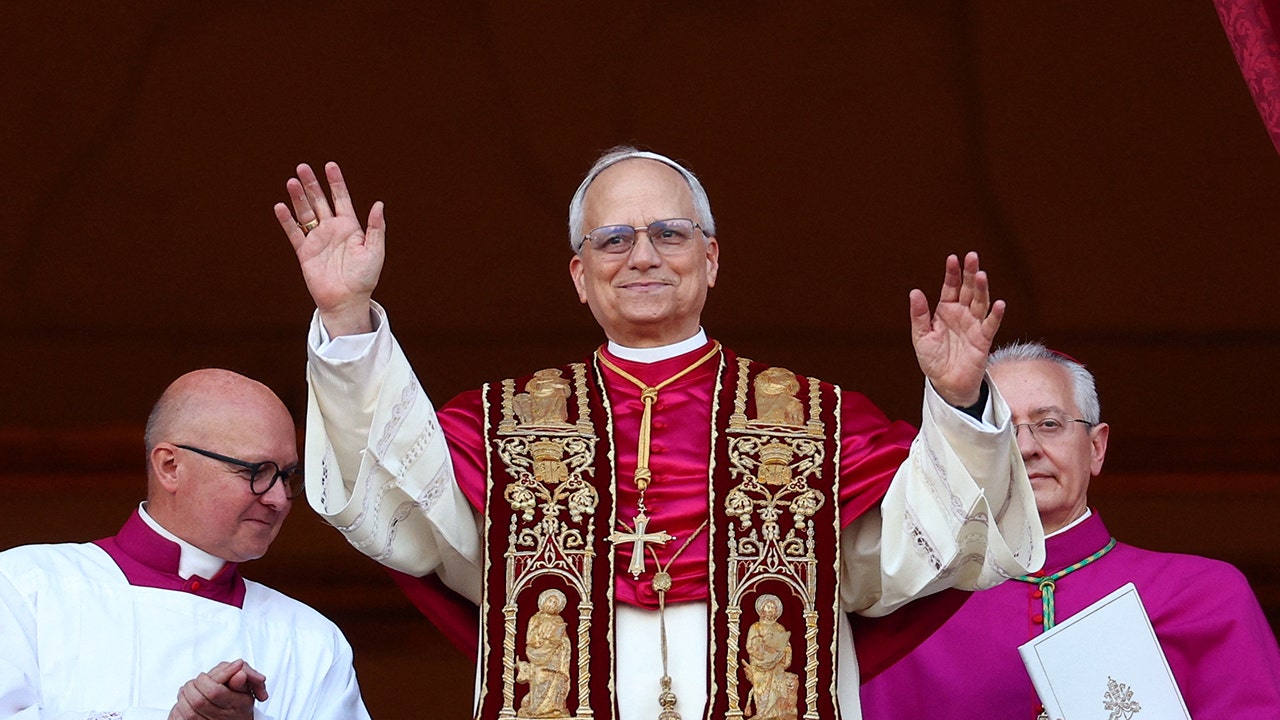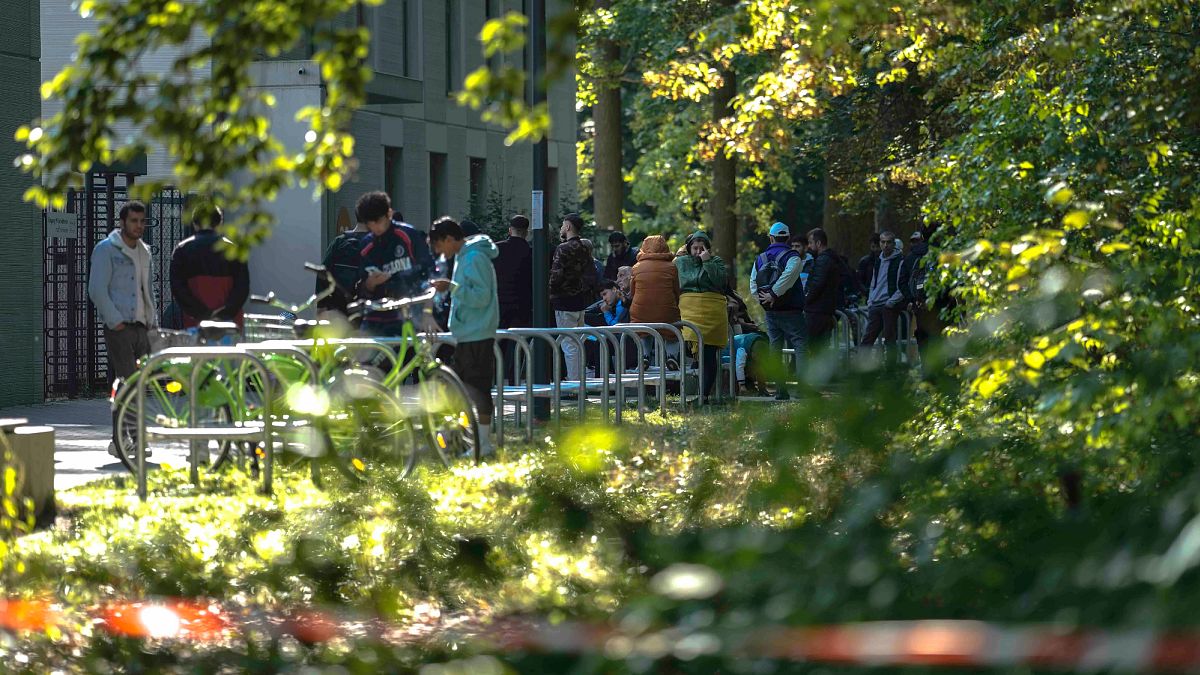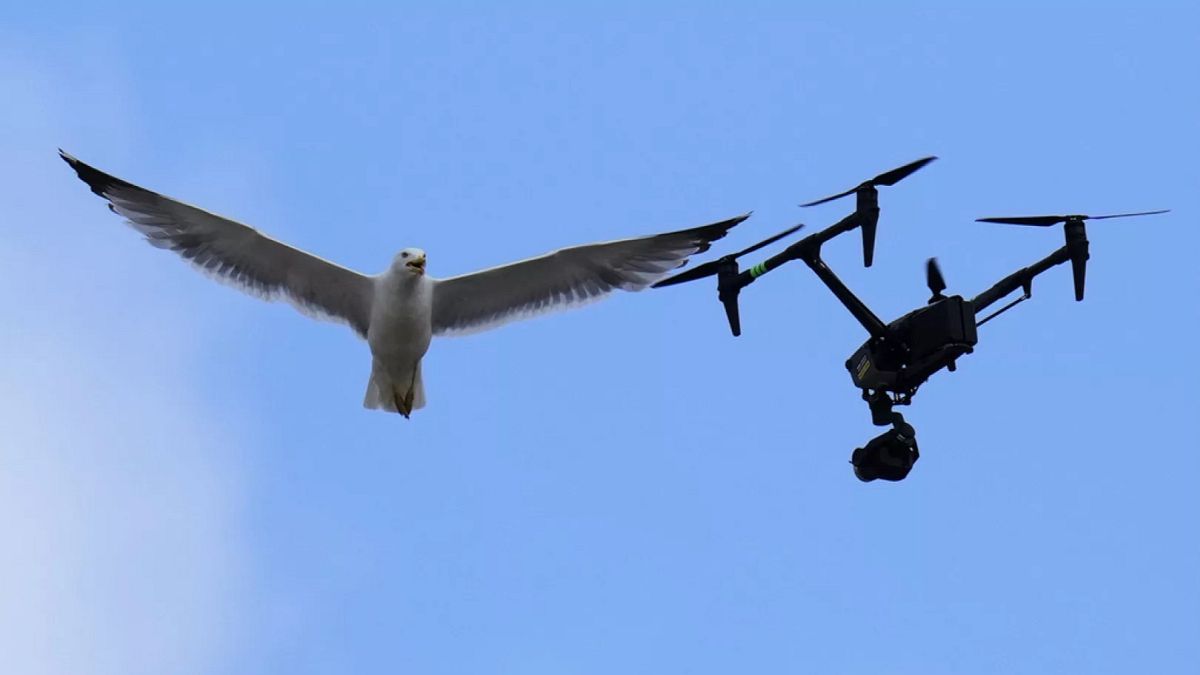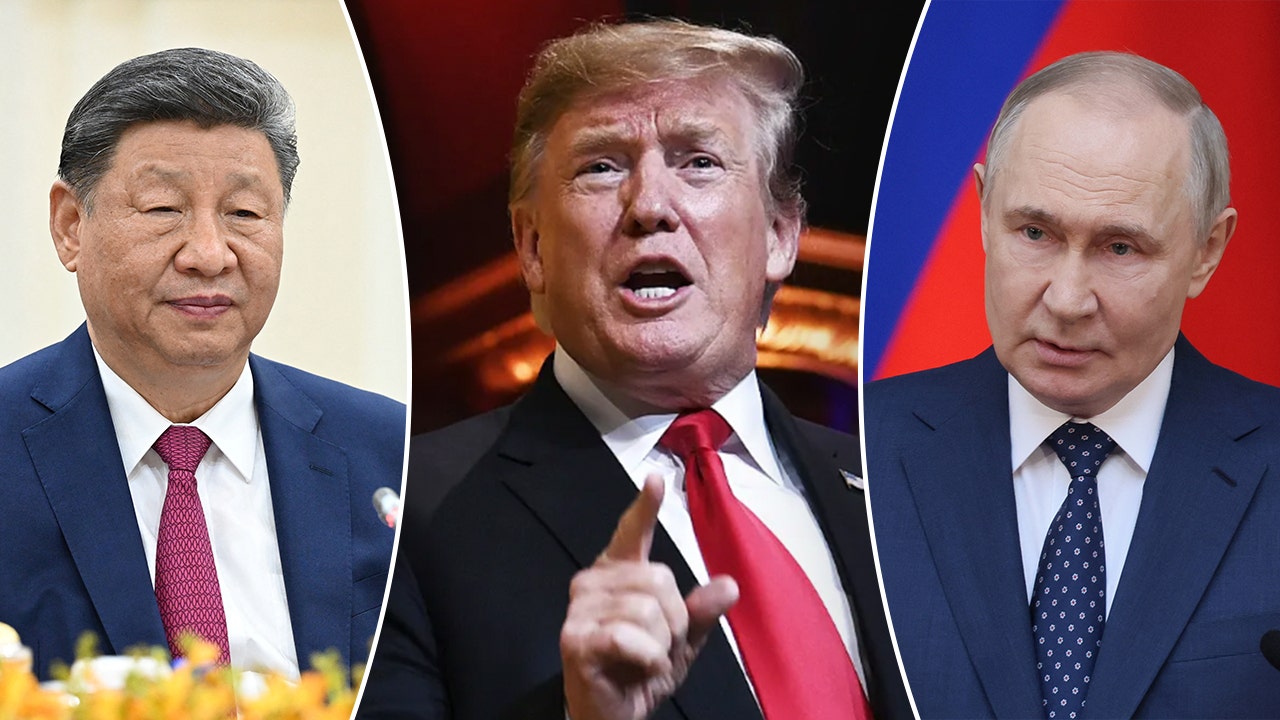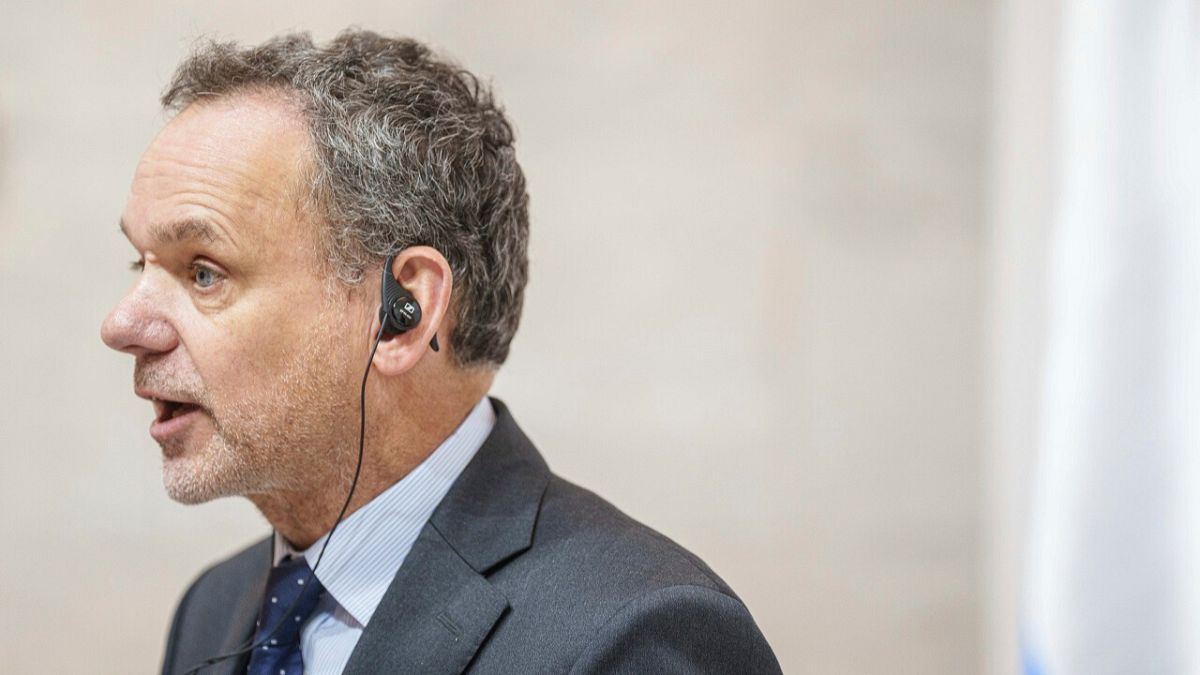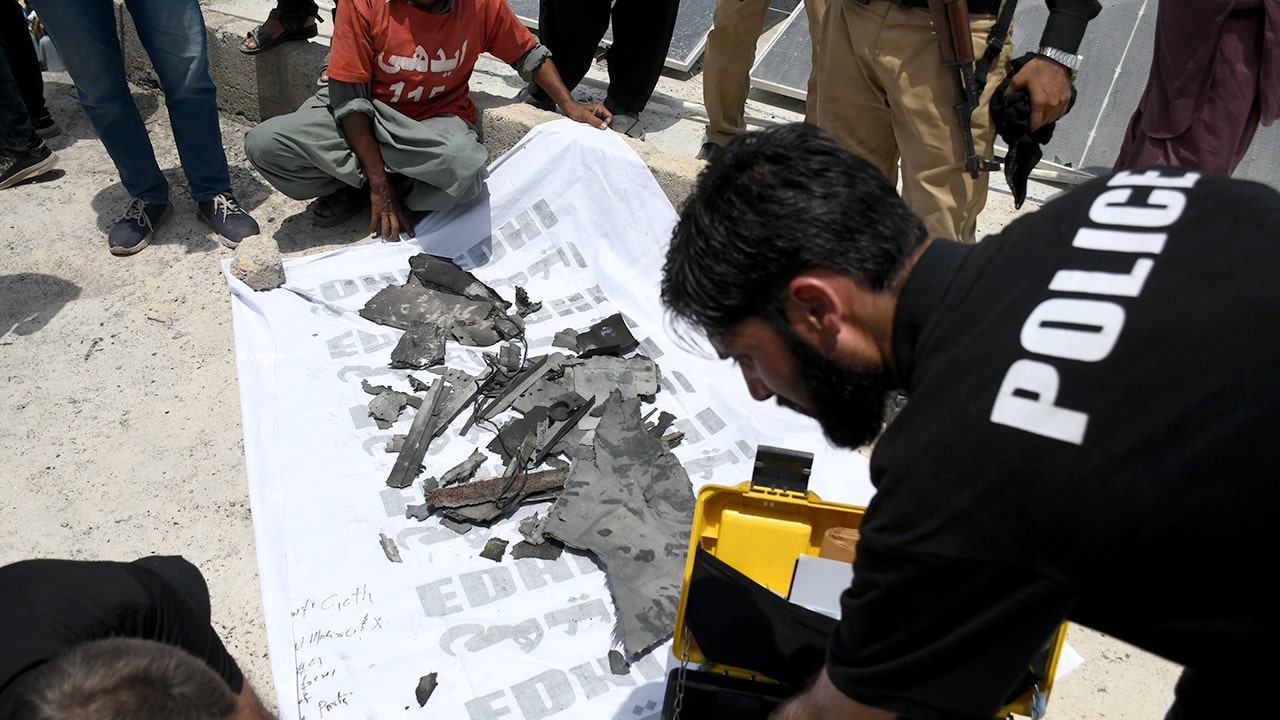The European Union should maintain sanctions on Russia and must diversify its energy supplies because Moscow is using energy for blackmail, Austrian Chancellor Christian Stocker told Euronews in an exclusive interview.
In a discussion at the margins of the EPP Congress in Valencia, Stocker, who leads a three-party coalition, said the EU needs to differentiate between Russia and Putin and prepare for the future with President Vladimir Putin no longer in power.
“Russia is not just Putin,” Stocker said. “Dealing with Putin is extremely difficult, but Russia will still be there when he’s no longer in power. For now, we see Russia as a threat — Austria included — due to its destabilising actions and disinformation campaigns targeting Western democracies. Right now, Russia is not a partner. But that won’t always be the case — leaders don’t stay in power forever.”
Stocker added it’s too soon to talk about relaxing economic sanctions on Russia, as a possible ceasefire in Ukraine is at present out of sight. He thinks any peace deal must respect Ukraine’s terms.
“That’s not something I see at the moment, though I would welcome it,” he said of a truce. “But any ceasefire or peace agreement must not be imposed. Ukraine must define the terms under which peace can be achieved. From what I can see, Putin has no interest in that right now. If a peace agreement comes, the EU will decide its position then. Until that happens, the sanctions must remain in place.”
The chancellor also highlighted the need to further reduce the EU’s energy dependence on Russia. The European Commission is considering plans to divorce Europe from Russian energy imports completely.
“We’ve learned the hard way that it’s not wise to be so dependent on a single supplier, especially when energy becomes a tool of blackmail,” he said. “That’s why we’re diversifying our energy sources and becoming independent from Russian gas. The key issue is dependency, and it’s clear now that this dependency was neither a good policy nor a sustainable solution. We are ending it.”
Neutral but rearming
Stocker also said he supports new plans to rearm Europe as the security guarantees of the post-Cold War era fade away.
“For a long time, we were under the illusion that war was a thing of the past in Europe,” he told Euronews. “I was born in 1960, after the war. The ruins were being rebuilt, and I grew up believing that war would never return to Europe. We designed our defence systems around that belief. But now we see that was a misconception. So we must redesign our defence — better, and with more responsibility.
Austria is participating in the EU’s joint defence procurement programme.
“We are militarily neutral, but that doesn’t mean we won’t invest in our defence,” Stocker said. “On the contrary, we’re doubling our defence spending to 2% of GDP. We’ve already significantly increased the budget in recent years. So we are investing in our defence within the framework of our neutrality. “
But unlike Sweden or Finland, Austria is not considering joining NATO.
“NATO membership is not up for discussion in Austria, both because of our neutrality and because we aim to manage our defence spending efficiently,” Stocker said.
“For example, the Sky Shield procurement platform isn’t an EU initiative; it’s a European one, including Switzerland. It lets us buy systems cost-effectively and ensures they’re compatible, while keeping command and deployment decisions entirely in Austrian hands.”
Migrants without rights should leave
Talking about migration, Chancellor Stocker said the EU’s Migration Pact was a big step in the right direction, but he added Brussels needs to take action now.
“We’re not adopting a Trump-style ‘build the wall’ approach, but we do need a strong, secure external border, one that’s properly monitored, where asylum procedures happen right at the border. That’s one key element. The second is having safe third countries where people can be returned.”
The chancellor added that 100% of those migrants without the right to stay in Europe should leave.
“We do want people who have no legal right to stay in Austria or Europe to leave. If only 20% of those without a residence permit are actually returning, as we’ve heard, that’s simply not enough. It should be 100%. Even if we can’t reach that completely, it must remain our goal.”
Read the full article here





